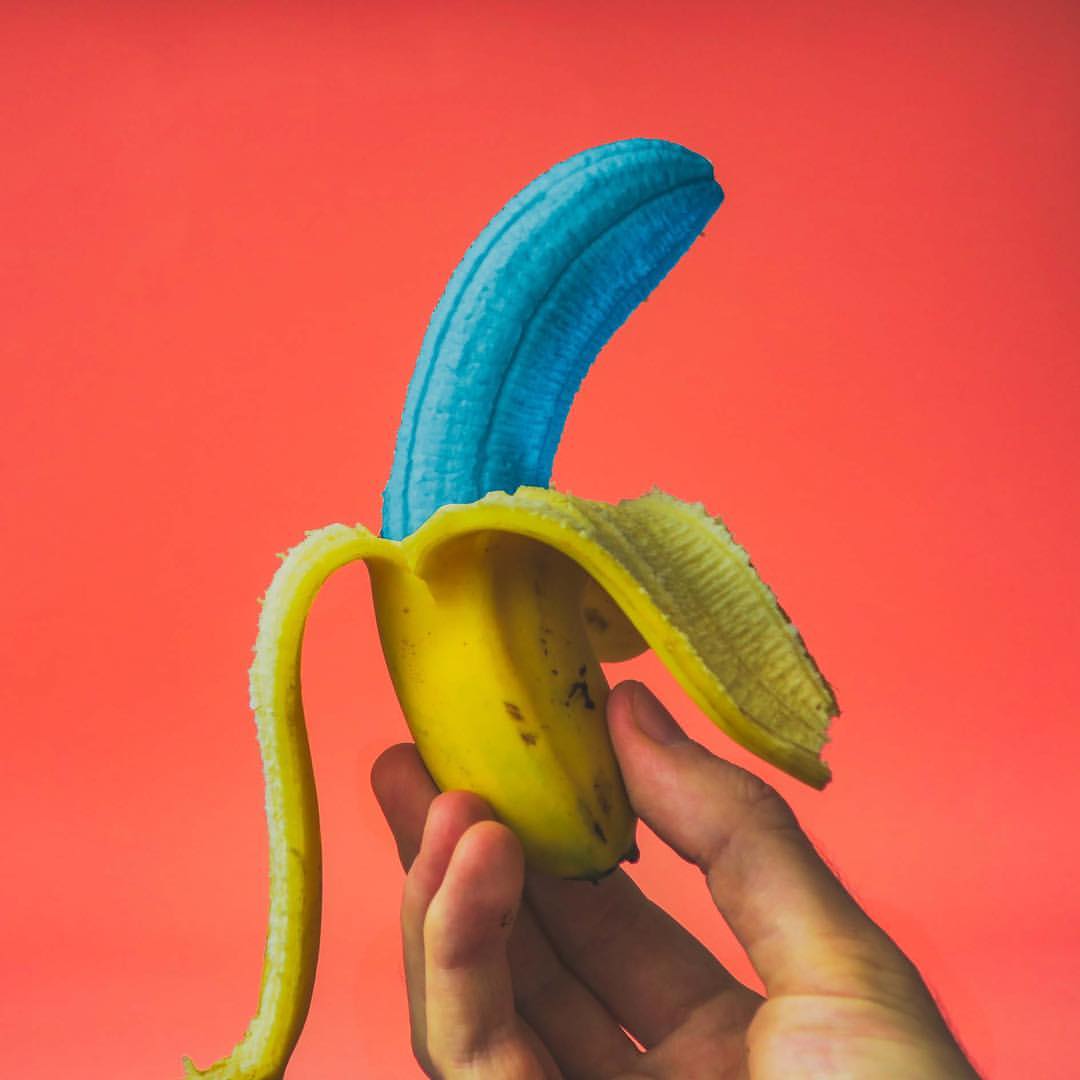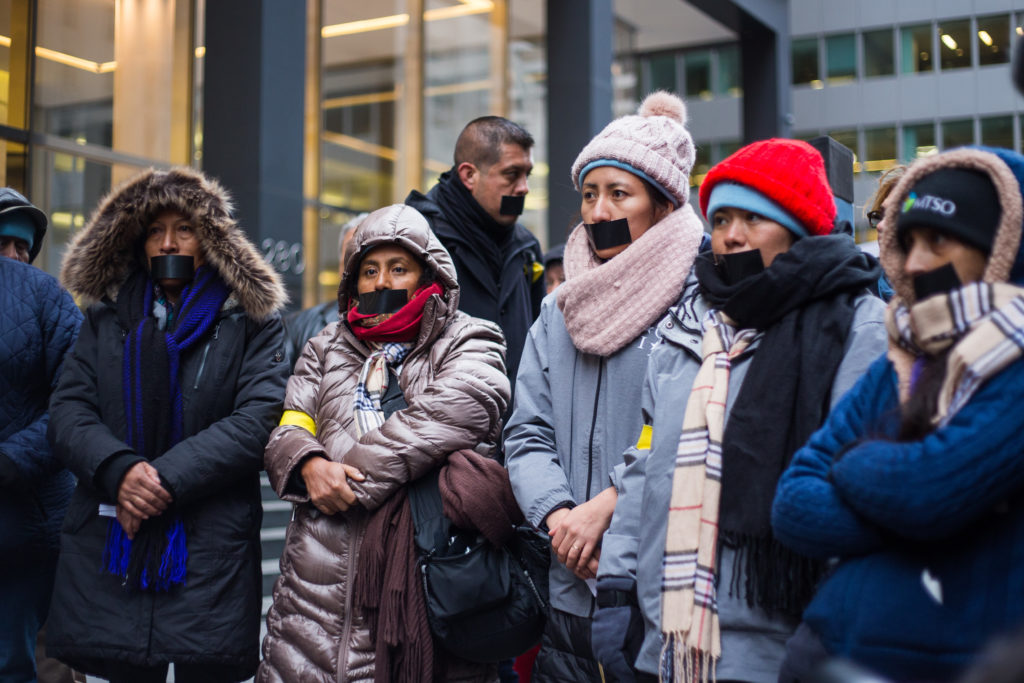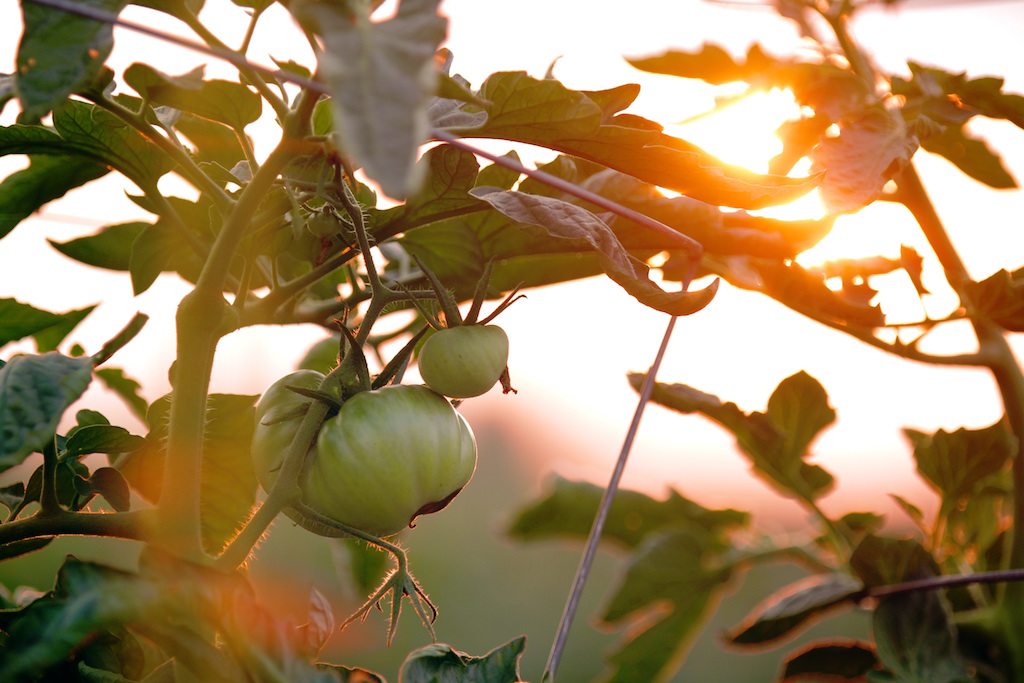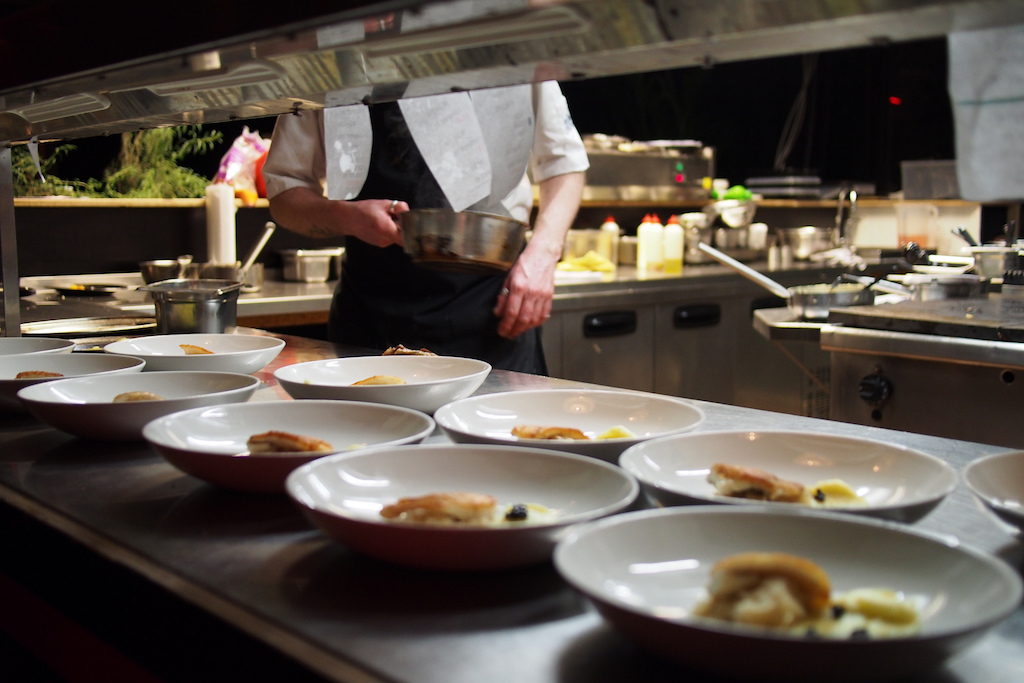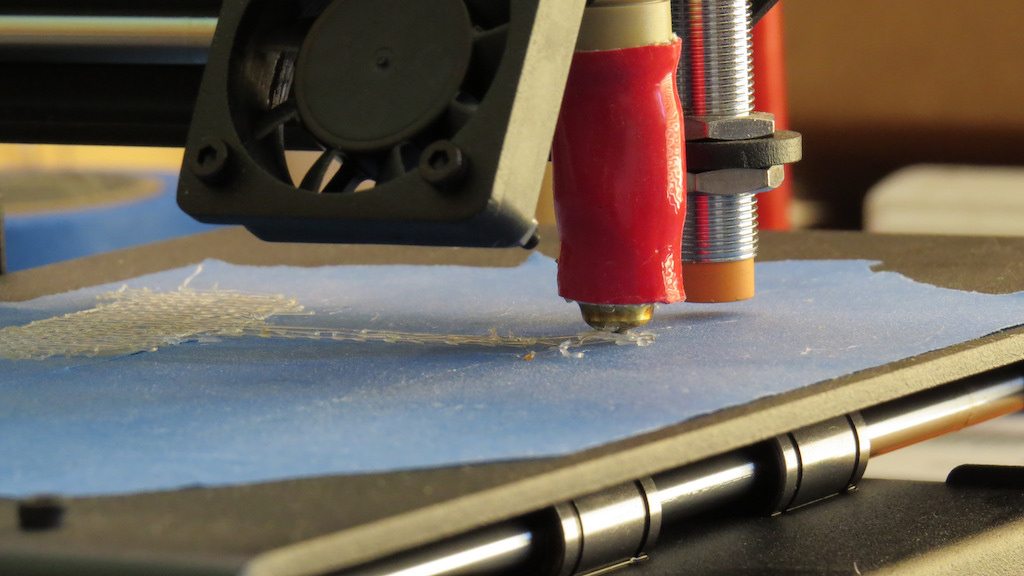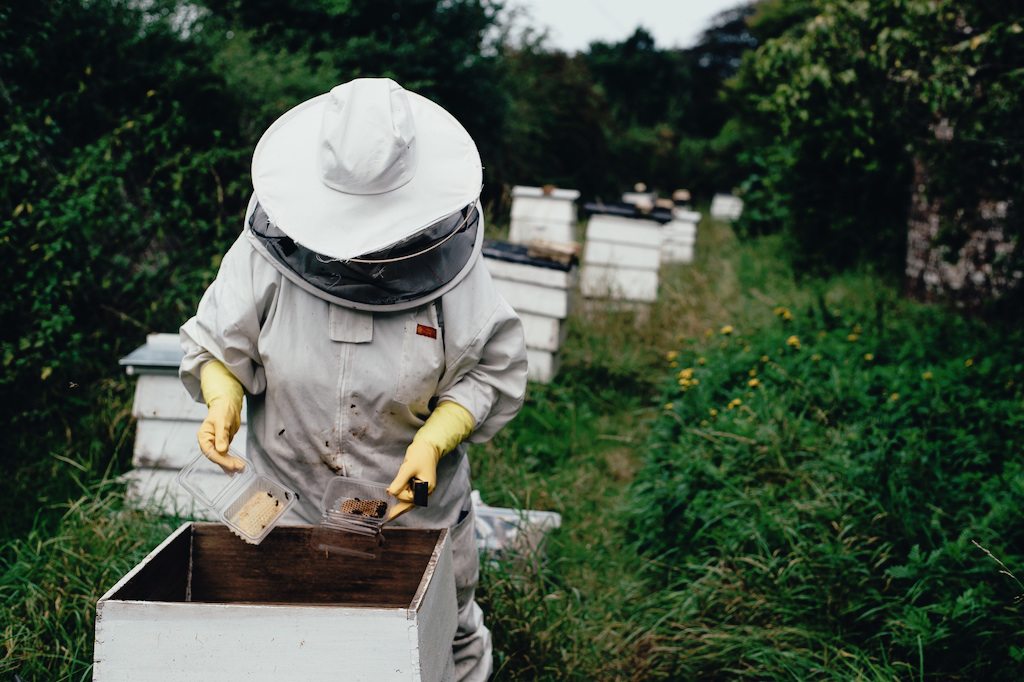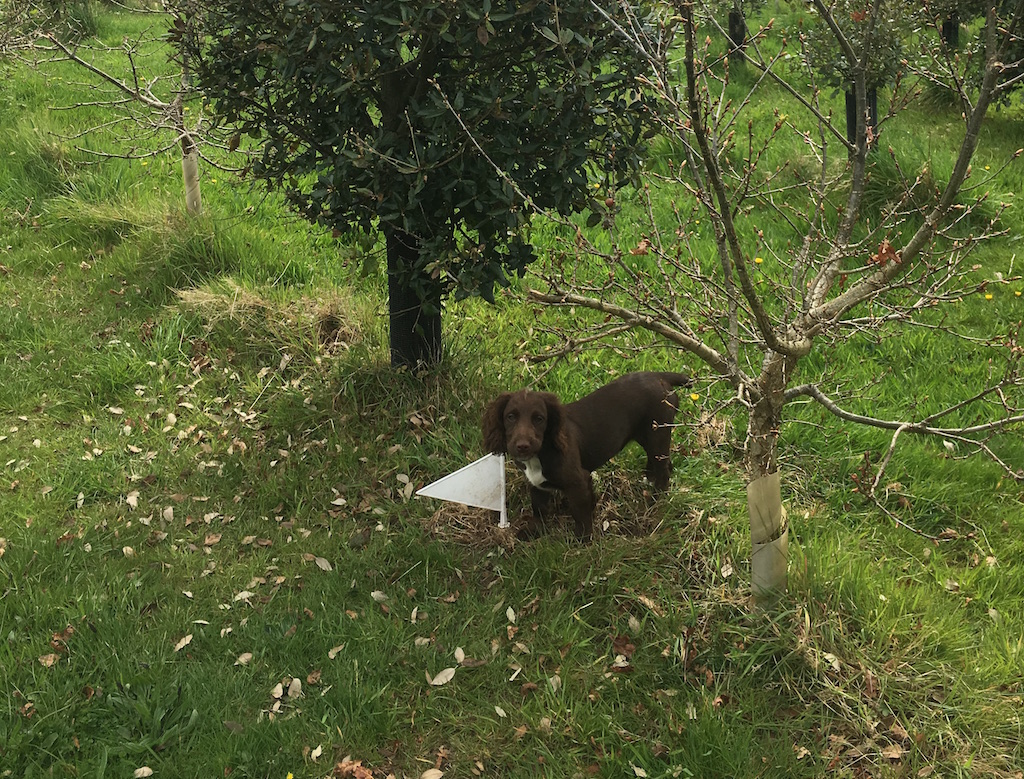
Courtesy of Mycorrhizal Systems
In March, a farmer was walking his truffle-sniffing dog, Bella, in southern Wales when she (the dog, not the farmer) stopped and “marked” a nine-year-old tree.
What Bella found in the soil under the oak shocked even the scientists who had inoculated it with truffle spores: It was the first-ever instance of a Périgord black truffle (worth up to 2,000 euros per kilogram) cultivated in the United Kingdom. Black gold, indeed.
Mycorrhizal Systems partners with farmers to produce the less-valuable Tuber aestivum, also known as summer or burgundy truffles. Thomas’ company was responsible for the harvest of the U.K.’s first-ever farmed truffle in 2015. (Cultivated truffles are more common than you’d think: Though they’ve maintained their elusive image, Thomas estimates about 80 percent of the truffles sold in France, Italy, and Spain are farmed or cultivated.)
American-grown Périgord truffles have already found their way onto dishes served stateside
The black truffle found in Wales weighed 16 grams, or a little more than half an ounce. Thomas called it “perfect,” adding that it was totally undamaged by frost. He says he framed it.
But though a surprise black truffle is always exciting, Thomas sees its shifting habitat as evidence of climate change. Warmer winters and a little extra sunlight have nudged parts of the U.K.—which were close to being truffle-friendly habitats a hundred and fifty years ago—into the fungi-friendly zone. “It’s just tipped the balance,” Thomas explains. At the same time, truffle harvests in the Mediterranean have been slowly declining. Researchers hypothesize the drop in production is caused by drought.
 Courtesy of Mycorrhizal Systems
Courtesy of Mycorrhizal Systems Farmers may start finding mushrooms under those trees any day now
The next step for Thomas’ team is to survey their other sites to see if the Périgord black truffles are growing anywhere else. After “climate mapping” the Welsh farm, they’ll look for other partners whose land may have similar traits and plant more inoculated trees.
New trees take about six years to start producing truffles, even under perfect conditions. “We won’t be rivaling France anytime soon,” Thomas admits.
Mycorrhizal Systems has also collaborated with the American Truffle Company to plant inoculated trees in North Carolina, Texas, and California. Farmers may start finding mushrooms under those trees any day now. But American-grown Périgord truffles have already found their way onto dishes served stateside: The North American Truffle Growers’ Association, a nonprofit dedicated to promoting the ‘shrooms, counts about 80 farms among its members.



